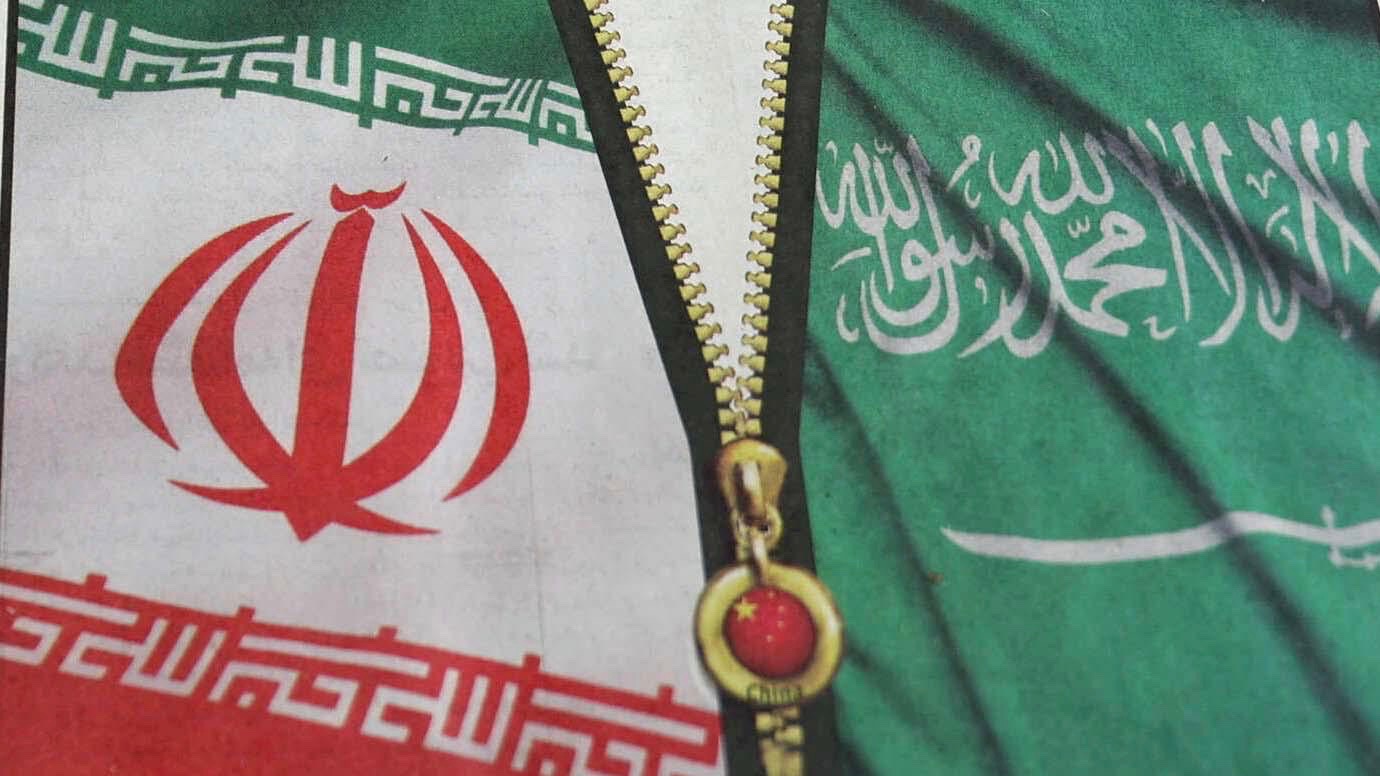In a landmark breakthrough, on Thursday, April 6, the foreign ministers of Saudi Arabia and Iran met in Chinese capital Beijing and agreed to start the restoration of their bilateral relations. The meeting between Iranian Foreign Minister Hossein Amir-Abdollahian and his Saudi counterpart Prince Faisal bin Farhan Al Saud was the first meeting at this level between the two countries in the last seven years.
Relations between Saudi Arabia and Iran—longstanding regional rivals—soured in January 2016 after Iranian protesters stormed the Saudi embassy in Tehran and the Saudi consulate in the city of Mashhad in the aftermath of the execution of the Shia cleric Nimr al-Nimr by the Saudi authorities. The protests resulted in the Saudis cutting off diplomatic ties with Iran, a move which had far-reaching consequences for the broader region, especially in countries going through conflict, such as Syria and Yemen. It also contributed to political infighting and divisions in countries like Lebanon and Iraq—which have substantial Sunni and Shia populations, giving space to Saudi and Iranian influence, respectively.
Thawing of relations between the two countries was the result of a landmark deal brokered by China, announced on March 10, in which the two sides agreed to gradually restore and improve their relations, first by holding discussions on exchange of ambassadors and reopening their respective embassies within two months of the agreement. The meeting of the foreign ministers was also part of the agreement.
Political analysts and commentators from around the world have commended China for its role in the historical mediation, which is likely to have a positive impact on the region undergoing decades of war and military and political interference, primarily by the West. The declining role of the US—once the most dominant influence on the region—over the last decade has also been observed, as countries look for more reliable partners.
Following the foreign ministers meet on Thursday, the two sides issued a joint statement to the press, saying that they have agreed to “expand their bilateral talks” to discuss “important issues” and that “technical teams will continue coordination to examine the ways of expanding cooperation including the resumption of flights and bilateral visits of official and private sector delegations and facilitating the granting of visas for the citizens of the two countries.”
The statement also touched on the important issue of security, saying that the two sides will expand cooperation in “in any field that can ensure the security and stability of the region and realize the interests of its nations and countries.” In this regard, the two sides had last month also agreed to implement a security cooperation agreement, which they had signed in 2001. They also reiterated their commitment to mutual respect for state sovereignty and non-interference in the internal affairs of the other and exchanged invitations for top-level official visits. Iran confirmed that President Ebrahim Raisi has accepted the Saudi invitation to visit Riyadh.





